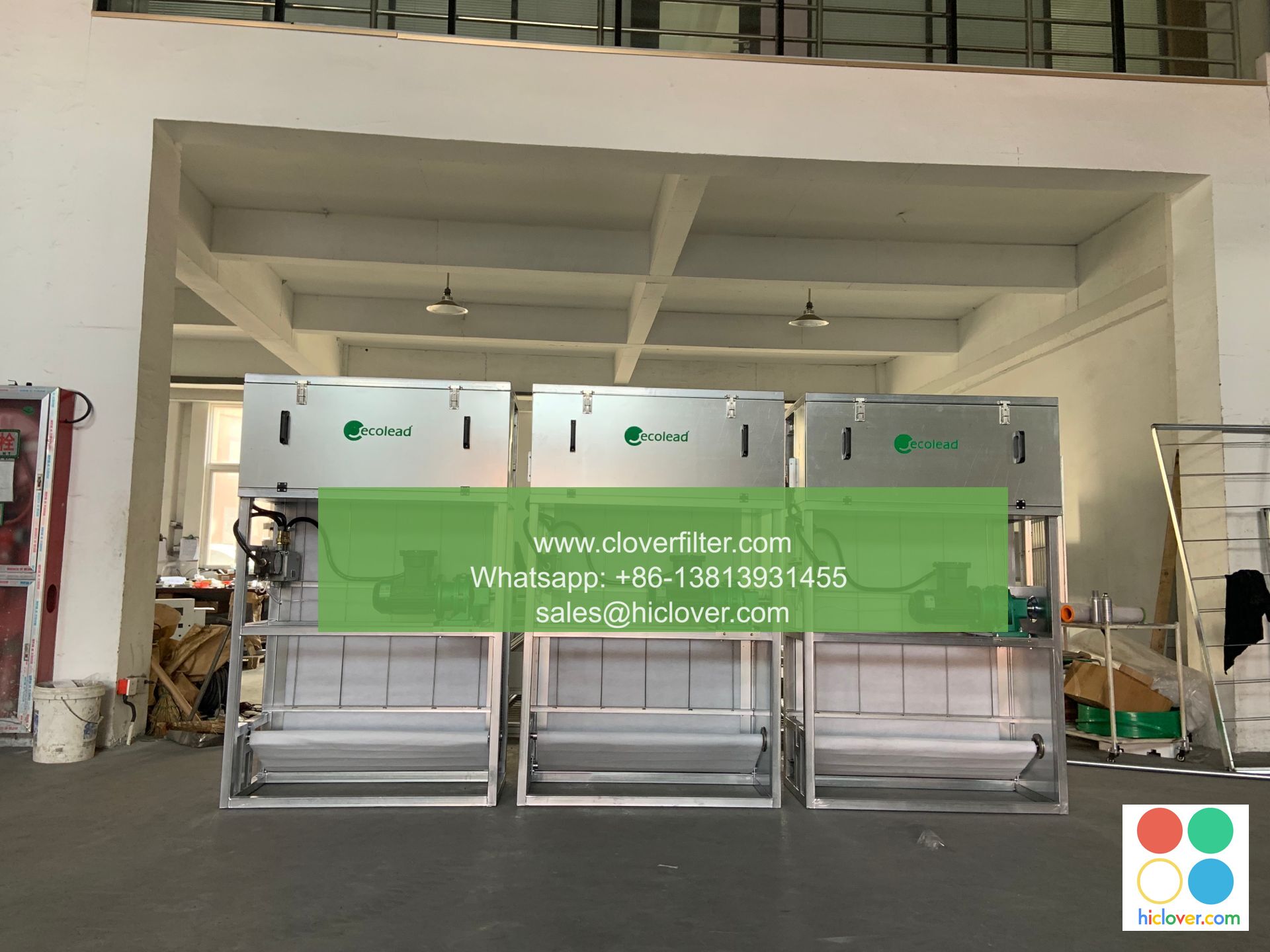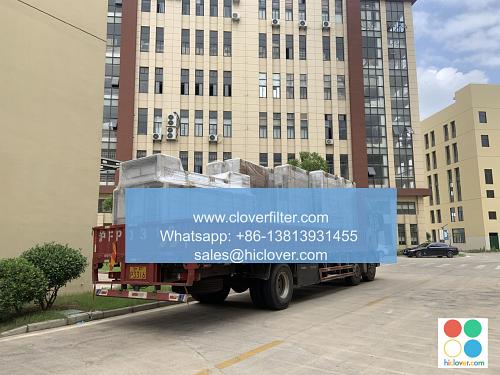The Benefits of UV Air Filters for Energy Efficiency

As the world becomes increasingly conscious of the need to reduce energy consumption and minimize environmental impact, the importance of energy-efficient solutions cannot be overstated. One often overlooked yet highly effective way to achieve this is through the use of UV (Ultraviolet) air filters. These innovative systems not only improve indoor air quality but also contribute significantly to energy efficiency. In this article, we will delve into the benefits of UV air filters, exploring their applications and how they can be a crucial component in your strategy for reducing energy consumption.
Introduction to UV Air Filters
UV air filters utilize ultraviolet light to purify the air by eliminating bacteria, viruses, mold, and other microorganisms. This technology is particularly advantageous in commercial HVAC systems, where the goal is to maintain a healthy indoor environment while minimizing the energy footprint. By ensuring the air is clean, these filters can help in reducing the load on heating, ventilation, and air conditioning (HVAC) systems, which are among the largest consumers of energy in buildings.
Advantages for Energy Efficiency
The integration of UV air filters into air purification systems offers several benefits from an energy efficiency standpoint:
– Reduced Coil Cleaning: UV light helps prevent the growth of mold and bacteria on coil surfaces, which can otherwise increase energy consumption by reducing the efficiency of heat transfer. Cleaner coils mean less energy is required to achieve the desired heating or cooling.
– Minimized Air Resistance: By keeping air ducts and vents free from contaminants, UV air filters help maintain optimal airflow. This minimizes air resistance, allowing HVAC systems to operate more efficiently and consume less energy.
– Extended Equipment Life: The reduction in microbial growth and dirt accumulation extends the life of HVAC equipment, reducing the need for frequent replacements and the associated energy and financial costs.
– Improved Indoor Air Quality: While directly related to health benefits, improved indoor air quality can also lead to increased productivity and comfort, potentially reducing the need for excessive heating or cooling, thus lowering energy bills.
Applications Across Various Sectors
The benefits of UV air filters are not limited to residential settings; they have a wide range of applications across various sectors:
– Commercial Buildings: Offices, malls, and other commercial establishments can significantly reduce their energy consumption and improve indoor air quality.
– Healthcare Facilities: Hospitals and clinics benefit greatly from UV air purification, as it helps in preventing the spread of airborne pathogens, ensuring a safer environment for patients and staff.
– Industrial Settings: Factories and manufacturing facilities can improve worker health and productivity while reducing the energy consumption of their industrial HVAC systems.
Conclusion
Incorporating UV air filters into your air purification strategy is a forward-thinking approach to energy efficiency. Not only do these systems promote a healthier indoor environment, but they also play a crucial role in minimizing energy consumption and prolonging the life of HVAC equipment. As we move towards a more sustainable future, embracing technologies like UV air filters will be essential for reducing our carbon footprint and creating more energy-efficient buildings. Whether in residential, commercial, or industrial applications, UV air filters are a valuable tool in the pursuit of a healthier, more sustainable living and working environment.
It looks like you didn’t include a prompt. What would you like to talk about or ask? I can assist with a wide range of topics, from science and history to entertainment and culture. If you’re feeling stuck, I can also offer some conversation starters:
- Travel: If you could visit any place in the world right now, where would you go and why?
- Technology: What do you think will be the most significant technological advancement in the next decade?
- Books/Movies: What’s the best book you’ve read or movie you’ve seen recently, and why did you enjoy it?
- Learning: Is there something you’ve always wanted to learn but haven’t had the chance to yet? What’s stopping you?
- Imagination: If you could have any superpower for one day, what would it be and how would you use it?
Feel free to pick any of these topics or bring your own to the table!

